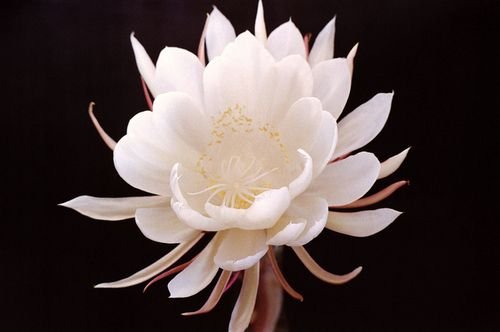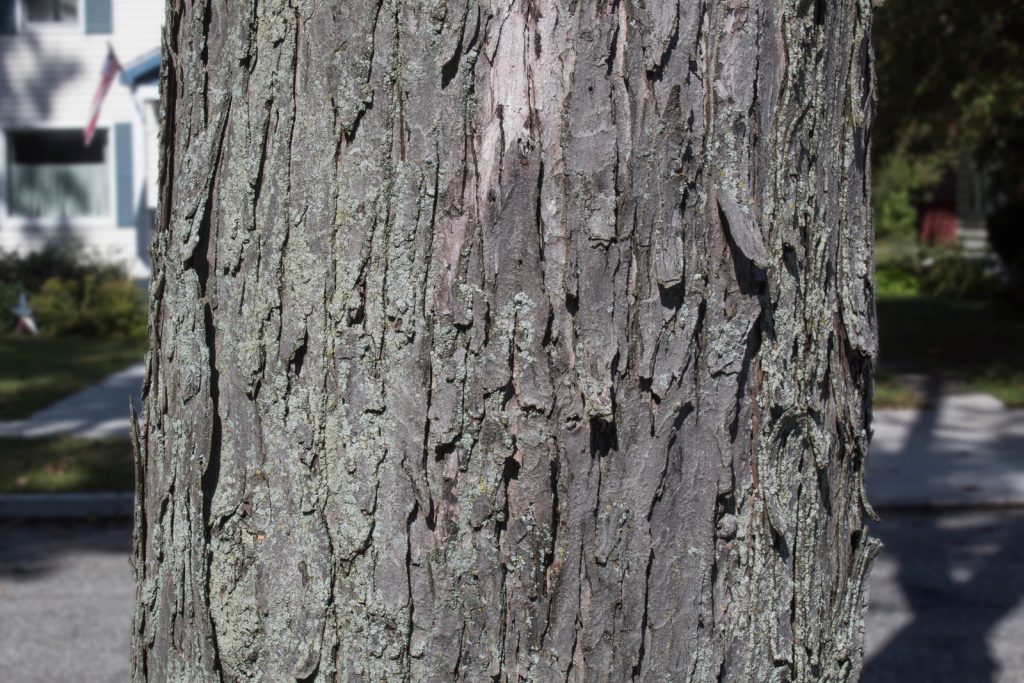Peach Tree Trimming
Arborist The Heights takes us on a horticulture tour as we learn about the delicate art of peach tree trimming. Mastering the subtle technique of caring for peach trees is a must-have talent for both orchard enthusiasts and professional arborists. With each cut, the possibility of a plentiful harvest and attractively appealing orchard emerges.
Arborist Heights provides their extensive knowledge of peach tree cutting in this comprehensive guide. From understanding development patterns to using the correct tools for accurate pruning, we welcome you to immerse yourself in the symphony of branches, blooms, and fruits. Join us on this fascinating journey where caring for your peach trees becomes an art form and your orchard reflects the effort and talent you put in. Let’s work together to create productive orchards.
The importance of peach tree trimming
Peach tree pruning is an important activity in orchard maintenance because it provides numerous benefits that improve the general health and productivity of peach trees. First, it improves the tree’s structural integrity, resulting in a balanced canopy that can endure environmental stressors. Pruning also improves sunlight penetration and air circulation, lowering the danger of illness and promoting optimal growth.
Furthermore, regular cutting promotes new growth, resulting in a constant cycle of blossoms and fruits. This method not only improves the aesthetics of the orchard, but it also increases fruit yield. Peach tree trimming serves as a preventive step by eliminating dead or diseased limbs, preventing disease spread and protecting the orchard’s general vitality. In essence, the significance of peach tree pruning rests in its ability to shape healthy, vibrant trees that generate bountiful, high-quality fruit harvests.
The Peach Tree Symphony: Understanding Growth Patterns
In the fascinating world of peach trees, every branch and leaf adds to a harmonic symphony of growth patterns. Understanding these subtle movements is critical for understanding the art of peach tree care.
Seasonal Variations: A Choreography of Change
Peach trees, like skillful dancers, experience seasonal changes. They burst into a blossoming choreography in the spring, signalling the promise of a productive season. Summer sees the fruits mature, while fall witnesses the beautiful descent of leaves, preparing the tree for winter slumber.
Directional Growth: Nature’s Choreographer
Nature serves as the choreographer, directing the growth of each branch. Proper peach tree trimming, like a skilled dance partner, ensures that the tree’s energy is directed toward productive endeavours. Understanding how each cut affects the overall dance of development is critical for keeping a healthy and productive orchard.
Impact of Pruning: Shaping the Musical Landscape
In this symphony, pruning serves as the conductor’s baton, sculpting the musical landscape of the peach tree. Well-timed and precise cuts promote a symmetrical canopy, allowing sunlight and air to reach all leaves. This orchestration not only encourages healthy growth but also creates a visually spectacular display of nature’s rhythm.
Arborist Heights encourages you to immerse yourself in the Peach Tree Symphony, where growth patterns become
Pruning Essentials: Tools
- Precision Pruning Shears
- Loppers
- Pruning Saw
- Gloves
- Sanitizing Solution
How to Do Peach Tree Trimming: A Step-by-Step Guide
Peach tree trimming is a delicate process that, when done correctly, improves tree health and encourages maximum fruit yield. Arborist Heights offers a step-by-step tutorial to help you learn the art of peach tree trimming.
Gather your tools.
Before you begin, make sure you have the following tools: precision pruning shears, loppers, a pruning saw, gloves, and a sanitizing solution.
Evaluate the tree’s structure
Examine the tree’s overall structure, noting any dead, diseased, or crossed branches. This initial assessment informs your pruning strategy.
Use Precision Pruning Shears
To make small, accurate cuts, first use precision pruning shears. Remove any dead or broken branches by cutting at a 45-degree angle slightly above a healthy bud or lateral branch.
Use a Pruning Saw to prune thicker branches.
If you’re dealing with thicker branches, use a pruning saw. Make an undercut first to keep the bark from tearing, then cut from the top to leave a clean, smooth finish.
Form the Canopy
Remove branches that are too crowded or growing inward. Aim for an open canopy that allows sunshine and air to circulate.
Sanitize your Tools
To prevent illnesses from spreading, clean your tools after each cut with a disinfectant solution.
Final inspection
Conduct a last assessment to ensure that the tree’s structure is balanced, with a focus on retaining its natural vigour.
Peach tree trimming requires practice and a grasp of the tree’s growth tendencies. Follow this step-by-step guide from Arborist Height.
Blossom Bonanza: Maximizing Fruit Production
In nature’s coordinated dance, peach tree blossoms represent the promise of a plentiful harvest. Arborist Heights welcomes you to learn about the ways for transforming your orchard into a flower extravaganza while assuring maximum fruit yield.
Timing is Everything: Strategic Pruning for Maximum Blossoms.
Arborist Heights highlights the value of selective pruning in increasing blossom abundance. By properly scheduling cuts throughout the dormant season, you promote the growth of new branches, culminating in an explosion of blossoms when spring arrives.
Balancing Act: Ensures Sunlight Reaches Every Bud
A flower bonanza relies heavily on proper canopy control. Arborist Heights recommends contouring the tree to allow sunlight penetration, ensuring that each bud receives the light it requires for healthy blossom growth.
Nutrient Boost: Fertilization for Blossom Brilliance.
A well-fed tree blooms. Arborist Heights will assist you in delivering the proper nutrients through balanced fertilization, improving the brilliance of your blossoms and laying the groundwork for a productive season.
Arborist Heights’ insights will help you transform your orchard into a blossoming display. By mastering the art of maximizing fruit production, you may ensure a flower fiesta that not only catches the sight but also produces a bountiful harvest of juicy peaches.
Related Posts:
How to Trim a Redbud Tree?
Common Pitfalls: Avoiding Peach Tree Trimming Mistakes
Beginning the process of peach tree trimming requires elegance and understanding to avoid frequent traps that might jeopardize the health and vitality of your orchard. Arborist Heights offers ideas to assist you negotiate the delicate art of trimming while avoiding common blunders.
1. Over-Pruning: Achieving the Ideal Balance
Excessive pruning might cause stress on the tree. Arborist Heights suggests achieving the delicate balance between shaping the tree and enabling it to preserve its natural vitality. To prevent loss of energy supplies, avoid making severe cuts.
2. Incorrect Timing: Timing Is Everything
Trimming peach trees at the incorrect time might reduce fruit output. Arborist Heights emphasizes the need of trimming during the dormant season to ensure that the tree is ready to channel energy.
3. Prune with Purpose Rather Than Ignoring Diseased Branches
Failure to remove diseased or dead branches endangers the general health of the orchard. Arborist Heights suggests taking a proactive approach, meticulously identifying and removing troublesome branches to prevent disease spread.
4. Neglecting Tools: Dull Blades = Dull Results
Using dull or contaminated instruments might injure the tree and impede healing. Arborist Heights highlights the importance of using sharp, clean equipment to make precise cuts, which reduces the danger of infection and promotes a quick recovery for the tree.
Avoiding these typical errors will help you create a successful and beautifully pleasing peach orchard.
FAQS
Can I trim my peach trees in the winter?
While winter pruning is not suggested, modest pruning is okay. Arborist Heights recommends waiting until late winter or early spring for more substantial cutting.
How much pruning should I do for young peach trees?
For young trees, shape rather than heavily prune. Arborist Heights recommends limiting pruning to 20% of the tree’s development
Do I need various tools for different branch sizes?
Arborist Heights does recommend using pruning shears for smaller branches and loppers or a pruning saw for larger ones.
When is the ideal time to remove dead branches?
Arborist Heights suggests cutting dead branches as soon as possible, regardless of the season, to minimize disease spread and preserve tree health.
Can a peach tree recover from incorrect pruning?
In most circumstances, the answer is yes. Arborist Heights recommends examining the amount of the damage and adapting future pruning procedures to encourage healthy regeneration.
Conclusion
In the symphony of peach tree care, where each note is a cut and each season is a movement, pruning transforms a simple tree into a blooming masterpiece. Arborist Heights believes that by following the rhythms of precision and care, you may create the ideal orchard.
As you navigate the delicate dance of peach tree trimming, keep in mind that each cut helps to improve the health, vitality, and aesthetic appeal of your orchard. By avoiding frequent traps, using the correct tools, and understanding the nuances of growth patterns, you can lead a harmonic composition.


